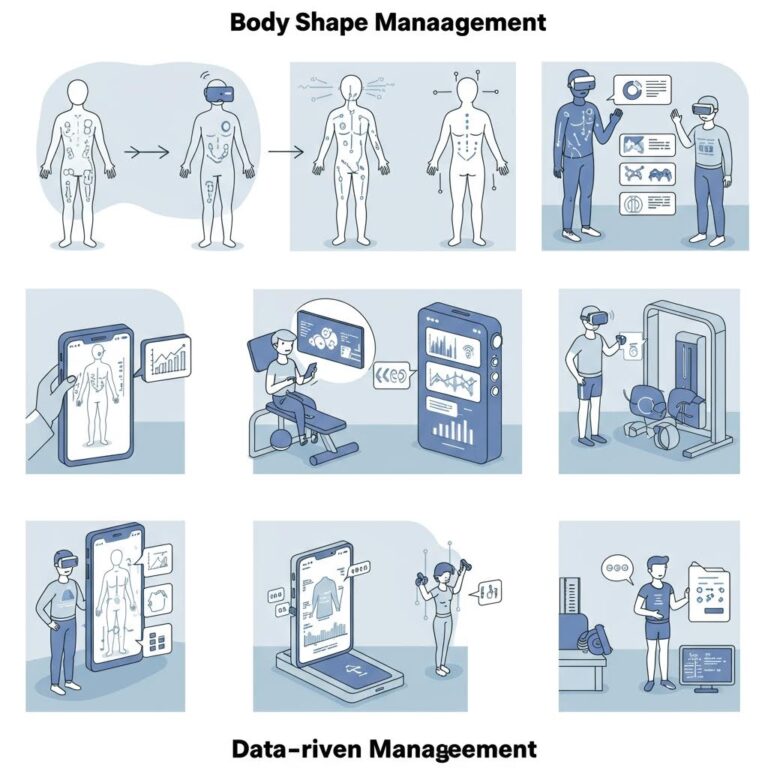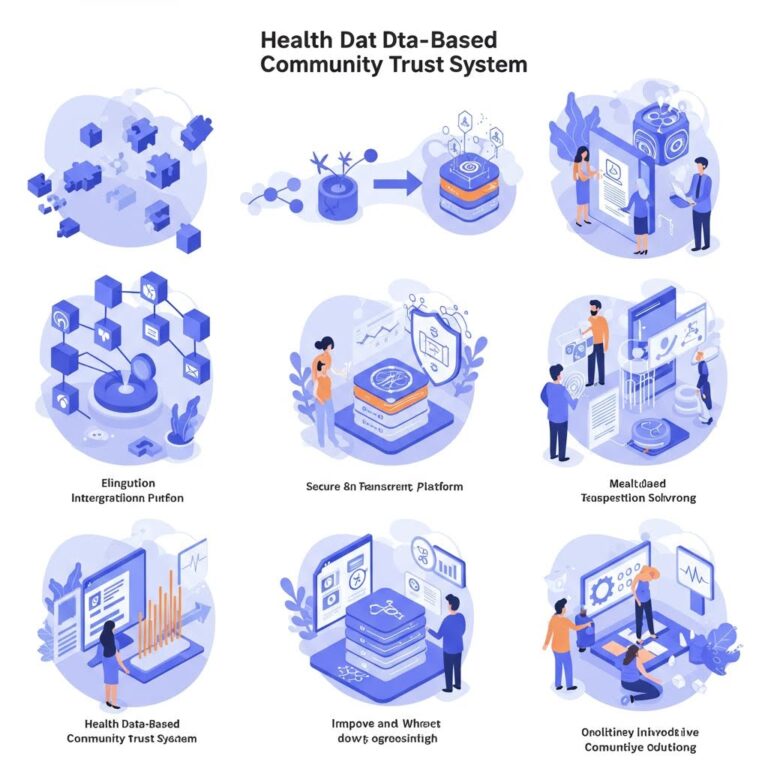Knowing When to Spot Loss Chasing in Bad Gambling
What Drives Loss Chasing
Chasing losses is a big red flag in becoming a problem gambler. When gamblers try to win back what they lost by making even riskier bets, their brain’s reward center starts to act up. This leads to poor choices and bigger emotional ups and downs.
Signs and Risks
Loss chasing often shows itself in a few clear ways:
- Growing money worries
- Building stress
- Always thinking about getting money back
- Dangerous betting habits
- Emotional swings during gambling
How to Stop the Cycle
Getting Help
Proven help and support services show good ways to get better. Expert therapists can spot what causes your loss chasing and plan ways to cope just for you.
Ways to Get Better
Good ways to recover include:
- Therapy
- Money advice
- Joining support groups
- Setting limits
- Learning to manage stress
Building Lasting Fixes
Making smart money habits needs:
- Making a budget
- Having a plan to stay honest
- Finding other fun activities
- Knowing the risks
- Planning how to avoid problems
With the right help and steady support, this bad cycle can be broken, leading to a better and more stable money life.
Understanding the Mind Tricks of Loss Chasing
The Mind Science Behind Chasing Losses
Not wanting to lose is at the heart of why people chase losses, firing up brain areas linked to physical hurt.
When we face money loss, brain scans show more activity in parts tied to panic and managing feelings, pushing us to make more risky choices to get money back.
The Trap of Trying to Get Back What’s Lost
The sunk cost mistake drives us deeper into loss chasing, setting a tough mental trap.
This thought mistake shows when we keep spending based on past spendings rather than what could happen next.
The idea of “getting back losses” starts a hard cycle where each loss makes us more desperate to win back cash.
How Our Brain and Choices Shift
During loss chasing moments, the brain’s reward area changes a lot.
The brain part that helps with smart choices bows down to the emotional brain part’s reactions.
This brain takeover messes up judgment, leading to:
- Bad risk checking
- Big emotional swings
- Poor impulse holding
- Wrong views of chance
Stopping the Loss Chasing Loop
Making Strong Not-Lose Plans
To fight back against loss chasing, one must set:
- Clear loss limits before starting to play
- Needed breaks between bets
- Outside checks on each new choice
- Noting what emotionally triggers you
These proven steps help keep your mind in check and stop loss chasing from getting worse.
Big Warning Signs of Loss Chasing
Spotting Problems Early
Chasing losses gives off clear warning signs that need quick attention.
Spotting these signs early can stop big money and mind troubles.
Behavior Signs
Time worries show when thoughts of getting money back take over daily life. Risky money choices show up through:
- Taking money from many places
- Emptying savings
- Selling things you own
- Hiding money moves from family
Mind Signs
Mental warning signs often start through:
- Big worry when not betting
- Quick mood changes tied to losses
- Getting mad when others show concern
- Strong need to get money back fast
Money Signs
Look for these big money actions:
- Bigger bets after losses
- Using emergency money
- Reaching out for many credit sources
- Odd bank actions
When you see these signs, acting fast is key.
Ending Bad Cycles: A Guide to Recovery
Understanding Loss Chasing
Chasing losses is a bad cycle that needs fast help and careful recovery planning.
Starting to get better begins with seeing bad patterns and really wanting to change.
Breaking free is possible with planned steps and strong support.
Setting Clear Money Rules
Set a firm loss limit and stick to it no matter what.
Remaking Money Ways
Create strong money blocks through:
- Having someone else manage your funds
- Putting in software to block gambling
- Auto-moving money to savings
- Accounts you can’t touch easily
Building a Help Network
Get better chances at fixing everything through:
- Being part of support groups
- Regular talks with money advisors
- Making real plans to get better
Set clear money goals and work with pros to fix past losses while stopping more bad cycles.
Money and Feeling Costs of Chasing Losses
Money Trouble
Chasing losses starts big money troubles that can last for long.
The money mess gets bigger as people tap into more and riskier money sources, setting off a flood of money needs that can take ages to fix.
Mind and Feeling Costs
The mind costs of loss chasing start with many signs:
- Bad anxiety and feeling very down
- Huge mood swings
- Feeling really bad about oneself
- Making poor choices
- Pulling away from others
This stress often leads to:
- Worse ties with others
- Broken trust in the family
- Problems at work
- Lasting mind scars
How to Stop
Getting over chasing losses needs tackling both money and feeling hurt at the same time.
Moving ahead needs:
- Stopping all chasing-loss moves
- Seeing money advisors
- Getting help through therapy
- Starting new money habits
Help Systems for Bad Gambling
Growing a Strong Help Group
Support groups are key in getting over loss chasing habits and keeping to getting better.
Pro Help Options
Doing well in getting better depends on getting help from many places:
- Certified therapists for gambling troubles
- Money advisors for sorting out debts
- Addiction pros for proven help
- Mind doctors for root causes
Group Support and Community Programs
Gamblers Anonymous and alike support groups are great for help:
- Groups to keep you honest
- Sharing ways to cope
- Learning from those who got better
Making Help Tools
Getting really better needs using both feeling and practical help tools:
- Finding and managing what sets you off
- Planning money and starting to rebuild
- Learning skills to handle stress
- Avoiding slipping back
Building Better Ways to Manage
Knowing and Swapping Bad Habits
Getting over a gambling need means making strong other ways to handle stress, feelings, and tough spots.
Spotting Triggers and Making Plans
The first move in getting over an addiction is to know clear behavior signs and what feelings lie underneath.
Making Plans for the Long Run
Healthy Other Activities
Make a full kit for getting better that includes:
- Sporty games for rush and fun
- Being still and aware for handling feelings
- Doing things that use your brain
- Being with others for connection and help
Pro Help Systems
Proven help by experts can give:
- Special therapy to change thoughts and actions
- Made-for-you coping plans
- Plans to avoid slipping back
Making these better ways to cope needs steady work and advice by pros.

